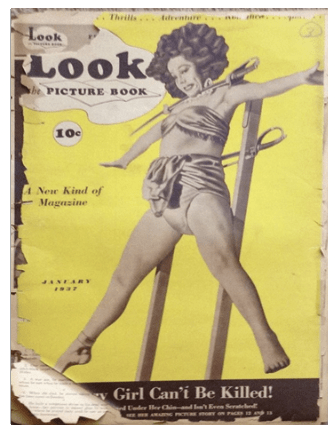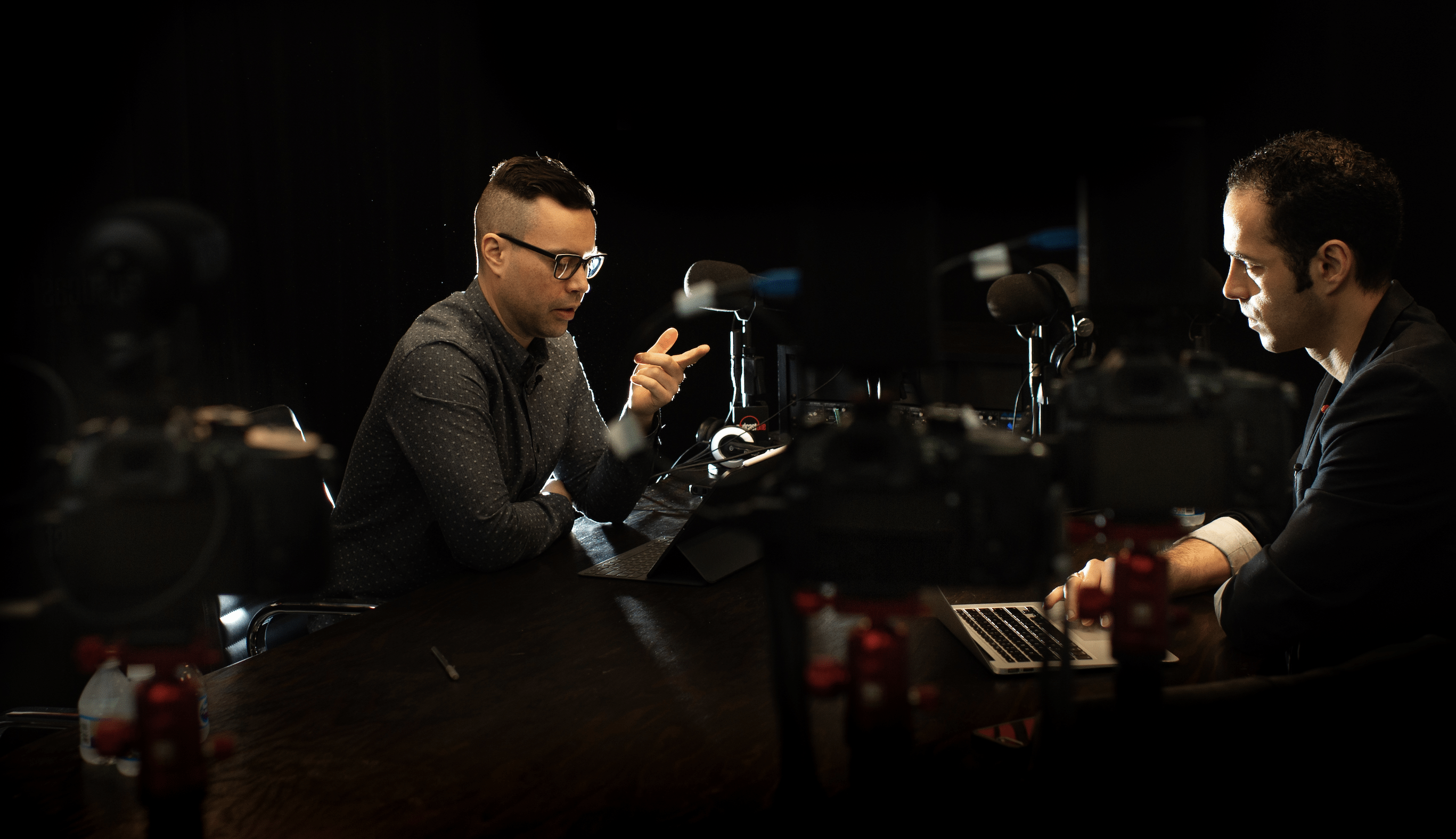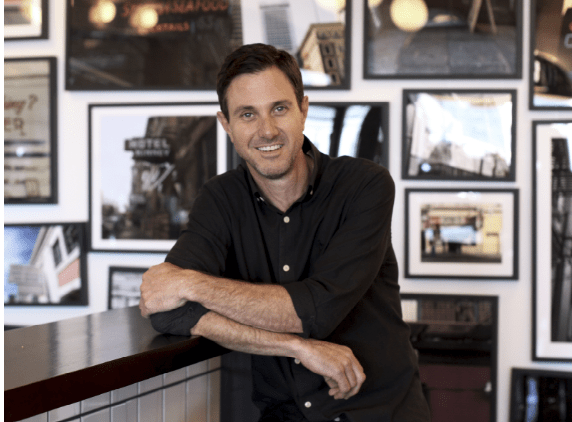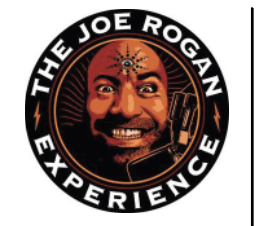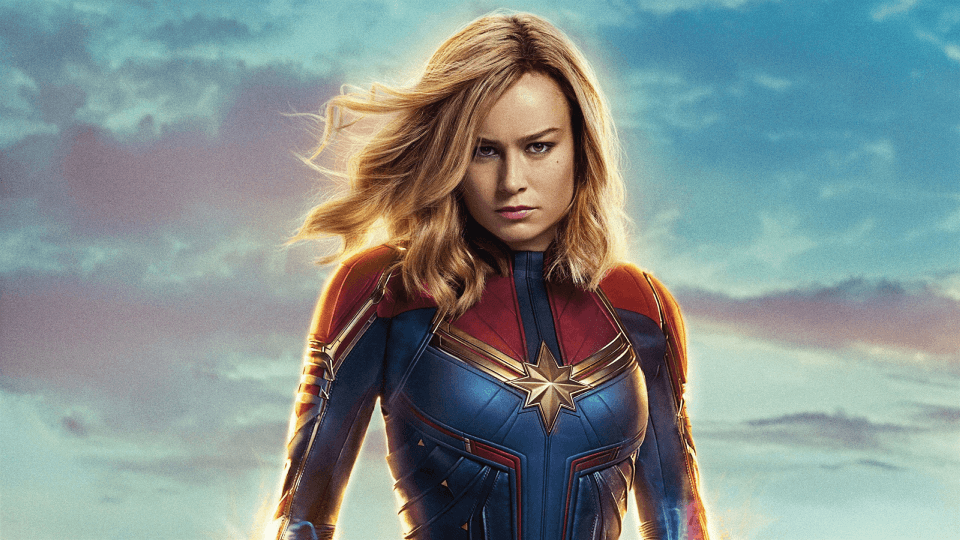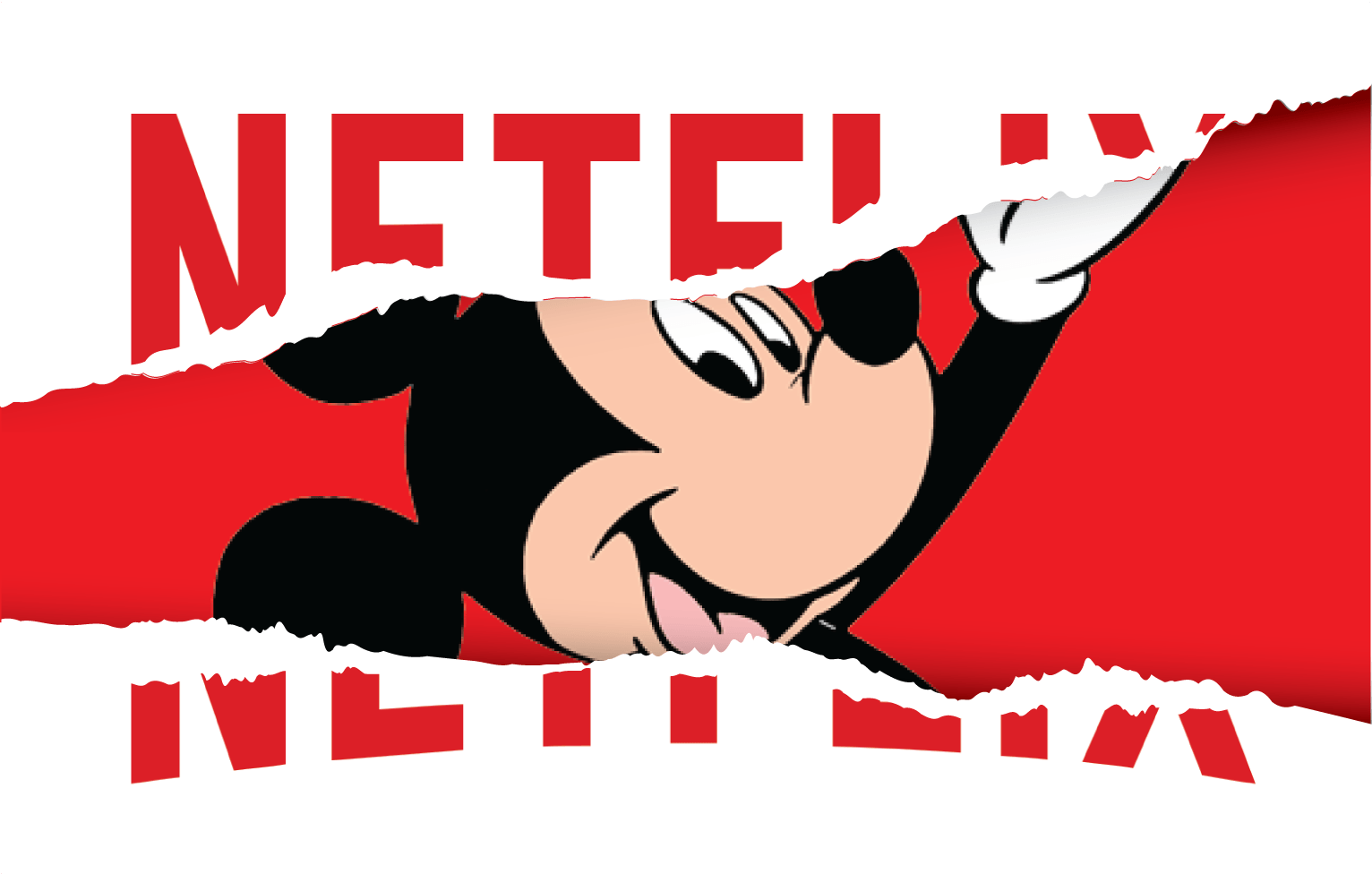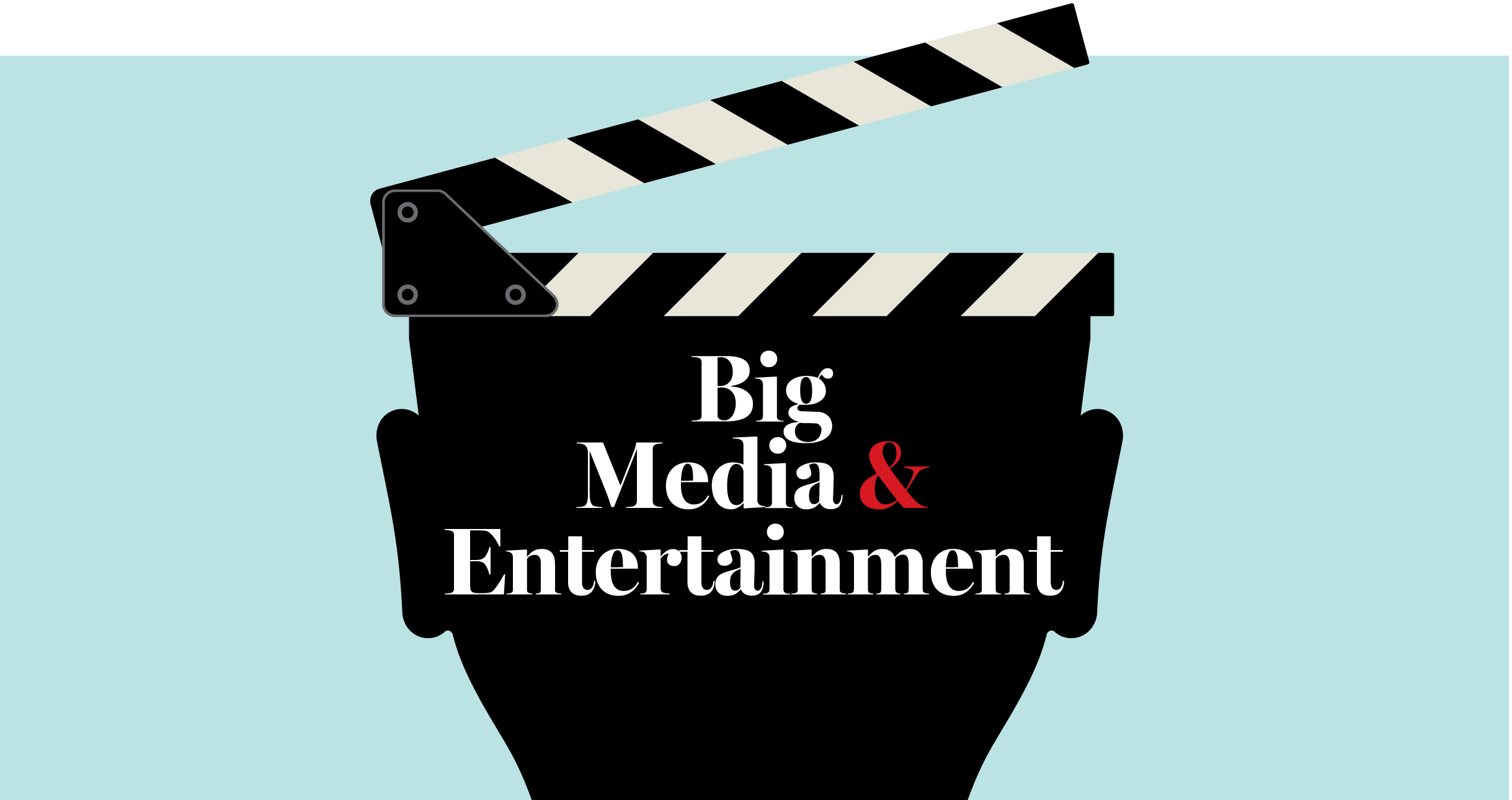Netflix’s Wild Ride
It hasn’t been enough just to popularize DVDs, make streaming ubiquitous and conquer Hollywood. Next comes the domestication of AI.
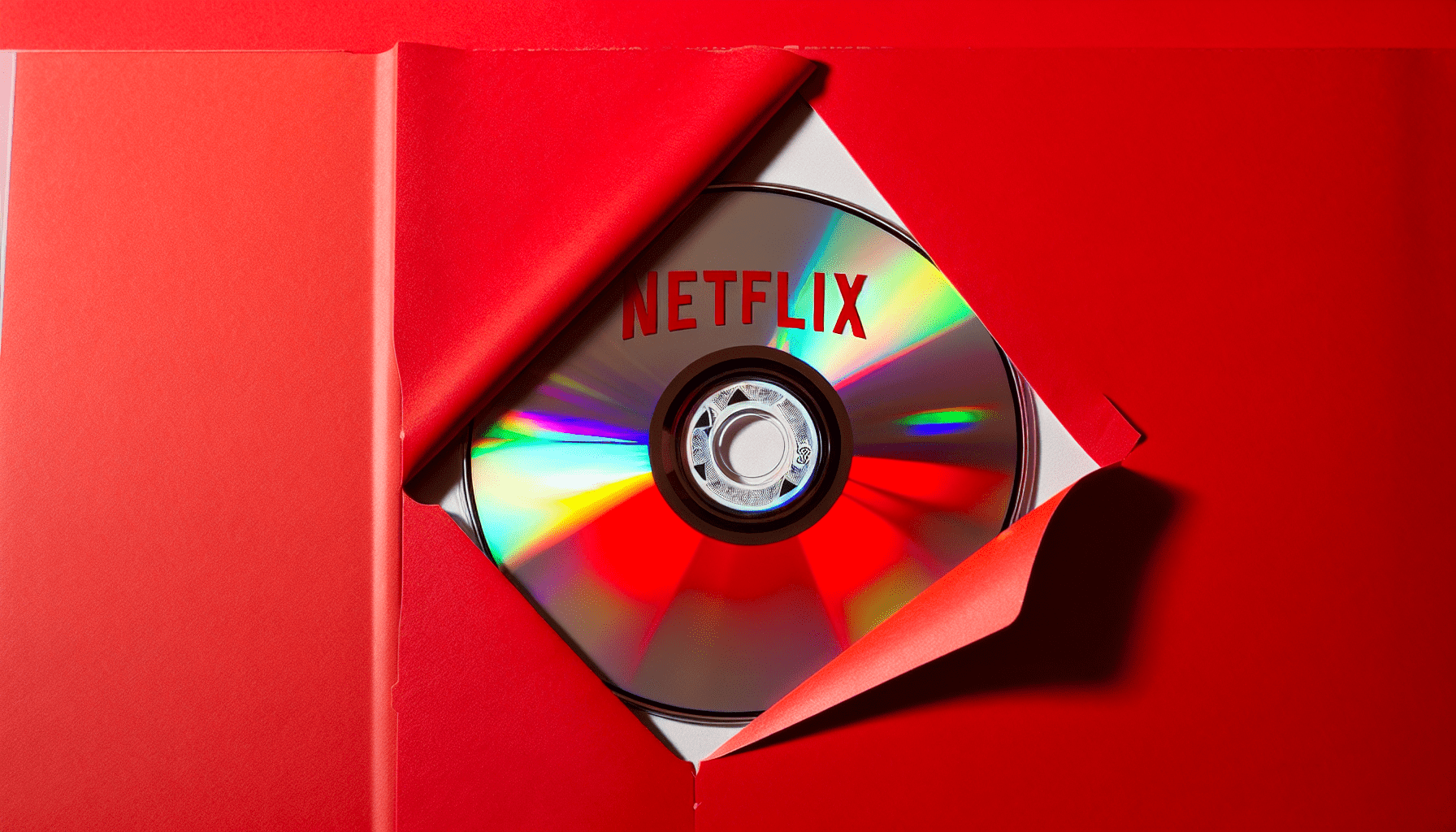
Say you bought 400 shares of Netflix stock twenty years ago for $1,000 and stuck the certificates in a desk drawer. Today, those yellowing slips of paper would be the equivalent of 5,600 shares worth about $250,000.
Wow! That’s a return of nearly 24,000%, compared to the 560% gain the S&P 500 achieved in the last two decades. It’s enough to make Netflix stock the No. 5 wealth creator of the past 20 years, behind Nvidia (NVDA), Apple (AAPL), Monster Beverage (MNST) and Intuitive Surgical (ISRG).
Besides loading up on cash, you’d find the number of shares you own in this scenario would have multiplied dramatically. The stock split 2:1 in 2024 and 7:1 in 2015.
But a sustained run of profitability like that doesn’t mean a company can slack off. Last year, Netflix finally got fed up with customers who were ripping it off and decided to do something.
Password crackdown
It’s been relatively easy to cheat Netflix by sharing passwords. Users would pay for one account and allow access to friends, relatives or partners in crime. All they had to do was tell them the password.
That violated the company’s view of how things are supposed to work. Netflix had relied upon what amounted to an honor system by that trusting customers to limit viewing to members of a household who live under the same roof.
But things have changed. Netflix now analyzes IP addresses, device IDs and account activity to determine the geographical location of the viewers accessing their streaming services. Users set a location for their devices, and the devices check in with Netflix once a month. Allowances are built into the system to enable customers to use their devices when traveling.
But when Netflix detects a device that the system says doesn’t belong to a paying customer, the hammer comes down and the phone, tablet or whatever is blocked.
Naturally, the crackdown hasn’t set well with some users, but Netflix has claimed success because its subscriber base has continued to grow. New subscriptions have easily outpaced cancellations, the company says.
Besides, the company maintains it’s also doing well with another relatively new departure from the original formula.
The advent of advertising
In late 2022, Netflix began offering a version of its streaming services that’s cheaper for customers because it’s funded partly by advertising. The ad-based service initially cost users $6.99 monthly. Customers who prefer not to see ads can still choose a plan that’s free of commercial messages.
Once again, Netflix claims success, noting that 40% of new subscriptions are for ad-based plans in countries where it offers the ad-subsidized option.
Meanwhile, the company is working with Microsoft Advertising to refine its ad products in ways designed to benefit advertisers. New approaches include better ways of measuring the effectiveness of ads, and the introduction of bridge ads designed for binge watchers.
The foray into advertising and the crackdown on password sharing both represent what’s new with Neflix. They’re only part of a fascinating story.
A true innovator
The Los Gatos, California-based Netflix has grown into a global entertainment powerhouse that commands attention and earns respect from Hollywood producers, Wall Street stock analysts and just about everybody who watches television.
The market pegs Netflix’s worth at nearly $290 billion, making it the world’s 33rd most valuable publicly traded enterprise. What’s more, it’s the leading provider of online streaming content with 44.2% of the market at the beginning of 2023, says investing.com.
Growth is continuing, to say the least. Earnings have exploded by an average of 597% over the past three quarters, says the Investor’s Business Daily website. Meanwhile, earnings per share have soared 59% this year, the site says. Those profits accrue from having attracted more than 277.7 million paid memberships in more than 190 countries as of July 2024.
The Netflix lineup that fueled subscription growth early this year included its live-action adaptation of Avatar: The Last Airbender, the Game of Thrones creator’s sci-fi series 3 Body Problem, Guy Ritchie’s The Gentleman, the latest season of Love Is Blind, the thriller limited series Fool Me Once, Sofia Vergara’s drama Griselda, the Tyler Perry movie Mea Culpa and the Millie Bobby Brown-led Damsel, a Variety article says.
Those offerings represent the latest chapter in a story that began when some commuters cooked up a revolutionary business scheme while carpooling to work in Silicon Valley.
On the way to the office
Two from that ride-sharing group, Marc Randolph and Reed Hastings, founded Netflix in 1979. A third member of the carpool, Patty McCord, later became head of human resources for the fledgling company.
DVDs were a recent invention, and Randolph and Hastings tried sending them by mail and found it worked. Soon, America would be full of little red envelopes. The little paper pouches brought a whole world of entertainment into American living rooms on viewers’s own terms. At last, they could watch what they wanted, when they wanted, without making the trip to the neighborhood Blockbuster video store.
Before long, 30 employees were wrangling 925 titles—just about every DVD available at the time. Apparently impressed with the operation, Jeff Bezos of Amazon offered to buy it for something like $15 million. But Hastings, who owned 70% of the company, turned down his offer.
In 2000, a subscription-based business model replaced the practice of charging for each rental individually. That was also the year when Hastings and Randolph offered to sell the company to Blockbuster for $50 million. The offer was unceremoniously declined.
But it turned out to be a bit of a bargain. An initial public offering (IPO) in 2002 created 5.5 million shares of stock at $15.00 each, for a total of more than $82 million. Netflix posted its first profit in 2003, earning $6.5 million on revenues of $272 million. By 2005, 35,000 different films were available through the company on DVD, and it shipped an average of a million a day.
Netflix began offering streaming in 2007 with 1,000 titles choose from. By comparison it was then offering 70,000 titles on DVDs. The company began providing streaming outside the U.S. for the first time in 2010 when it assumed a presence in Canada. It became available to viewers in Latin America in 2011 and Europe in 2012.
The company produced its first original programming, the House of Cards series, in 2013. History.com calls it “the first major TV show that ran exclusively on a streaming service.” Its significance? “It was a Netflix innovation that would alter the media landscape,” the site says.
Taking on Hollywood
It’s difficult to overstate how profoundly successful Netflix became in its bid to wrest control of the movie and television industries from the established players in Los Angeles and New York.
In 2021, Netflix earned the most Academy Award nominations of any studio, with 36. It carried home Oscars in seven of those categories, also the most for any studio. The same year, it won more Emmys than any other network or studio with a total of 44. That tied the record for most Emmys won in a single year set by CBS in 1974.
These days, Netflix is spending billions to license hit shows like Seinfeld, How I Met Your Mother and Grey’s Anatomy. But the company still allocates most of its $17 billion annual content budget to producing its own original movies and series, a Yahoo! News report says.
It’s even branching out into offering live shows, an experiment that began last year and has continued with a $5 billion 10-year deal to carry WWE’s pro wrestling. Beginning this year and continuing into 2026, it plans to stream NFL games on Christmas Day.
Plus, the company is preparing for bigger things.
The future of Netflix
The company is exploring something called Open Connect, which would enable it to install servers in the networks of internet service providers. It would reduce the distance data needs to travel, resulting in faster streaming and improved video quality.
That greater capacity would combine with AI to create shows with storylines that adapt to viewer preferences. They could even enable interactive experiences that would influence the plot. Thus, we may soon find ourselves even more intimately involved with Netflix than we’ve already become.
Ed McKinley is editor-in-chief of Luckbox magazine.
